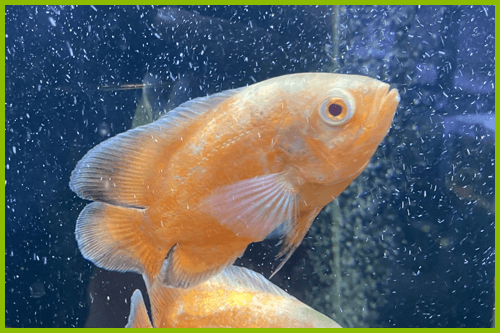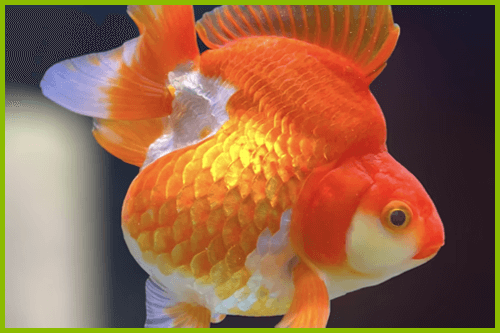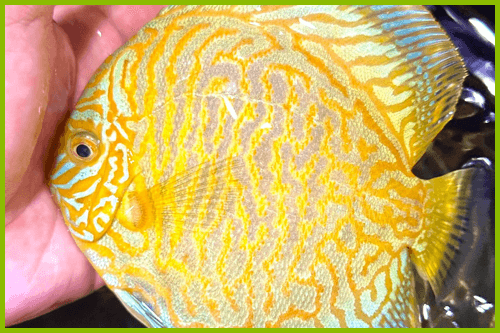


Discus fish are known for their striking beauty and captivating colours, making them a popular choice among aquarium enthusiasts. However, these social fish require unique care, including being kept in groups of at least six. This article will discuss the importance of keeping Discus in groups and provide a step-by-step guide to monitoring fish behaviour in schools.
Discus fish are highly social creatures that thrive in groups. Keeping them in schools of at least six fish provides several benefits:
To maintain a healthy and thriving environment for your Discus fish, it’s essential to monitor their behaviour in the aquarium. Here’s a step-by-step guide to help you observe and assess their behaviour:
Creating a harmonious and healthy environment for Discus fish requires careful planning and attention to detail. By keeping your Discus in groups of six or more and regularly monitoring their behaviour, you can ensure their wellbeing and provide them with the best possible living conditions. Remember, a thriving Discus community is not only visually stunning but also a testament to your care and dedication as an aquarist.
The information provided in this article has been generated by the OZ Discus AI, OZ Discus Bot. While we strive to provide accurate and helpful guidance, it is important to recognise that the content may not cover all aspects Discus keeping.
If you require further assistance, we highly recommend contacting OZ Discus directly for personalised advice and support. Remember that the well-being of your Discus fish is of utmost importance, and expert guidance can make a significant difference in ensuring their health and happiness.
OZ Discus is not liable for any losses and holds no responsibility in the event of the death of the fish. Users of this guide are to use the information at their own discretion and accept all risks resulting from the use of this guide.





All the photos you see on our products are what we have in store.
We do not use any stock photography that misrepresent the fish.
Most of our photos are shot without filtering to try give you the truest beauty and colour of the fish we have.
Any filters we do use are to account for factors that reduce the colour when taking the photo, such as bad lighting.
We fix using a quick filter to represent the Discus’s real life colour; best as we are able to by eye. These photos are clearly marked as being edited in ‘PhotoRoom’.


OZ Discus imports from international awarded, show grade, premium Discus breeders.
Each of these breeders are proud to stand behind the fish they supply to us.
By knowing details about the farm and fish, we are able to ascertain the age and breeding line to ensure the highest quality fish are available to you.
View our latest imports from IP Discus, Jagger Discus, Unique Discus, and more!


OZ Discus is an independent Sydney store and as such has to uphold important corporate responsibilities.
When you buy from OZ Discus, you get peace of mind that we meet strict RSPCA and AIAA certifications and COVID-19 practices.
We also have dead on arrival (DOA) and returns policies and practices that give you confidence in your purchase.
We hope that you find our range of Discus fish suitable to your pursuit in this very rewarding hobby.

We import from the following breeders and each of these breeders are proud to stand behind the fish they supply to us. By knowing details about the farm and fish, we are able to ascertain the age & breeding line to ensure the highest quality is available to you.
– Tony Tan – IP Discus Malaysia
– Dendy Wijaya – Jagger Discus Indonesia
– Robert Lim – Unique Discus Malaysia
– Lee Chee Fong – Color Fish Malaysia
– Yap Wen Khong – Malaysia
– Koay KL – JIT Laiseng Discus Farm Malaysia
– Dr Teoh – Malaysia
– Julian Sockich & Kephra Richards – East Coast Discus Australia
– Alex Piwowarski – Piwowarski Discus Germany

All photos you see are what we have in store and we do not use any stock photography that misrepresent the fish. Also, our photos are taken straight from a smartphone too without filtering to give you the truest beauty of the fish we have.

We are Independent and have the importance of corporate responsibilities of a Physical Store
OZ Discus is an independent STORE, as well as an IMPORTER in Sydney of Discus fish only and this allows us to source select strains from the Worlds most renowned Discus farms to you.
Moreover, buying from us as an aquarium shop instead of home operators gives you peace of mind. We uphold social and corporate responsibilities in meeting
– RSPCA
– AIAA
– COVID-19
certification and practices.
We also have DOA and returns policies and practices that gives you confidence in your purchase. I hope you find our range of Discus suiting to your pursuit in this very rewarding hobby.
